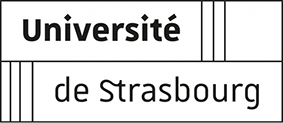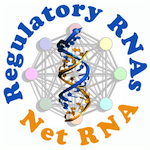The bioinformatics core facility provides bioinformatics services for all IBMP researchers, especially in high throughput data analyses. The platform has a dedicated computing server that is open in partnership to the GMGM and the LNCA.
Missions :
– Provide an expertise in biological data analysis for researchers
– Give access to a dedicated computing and storage infrastructure
– Develop tools or workflows
– Organize bioinformatics trainings for biologists and/or bioinformaticians. (Access to the trainings)
To request access to the cluster: Web account form – or – PDF account form (to send at ibmp-servers@unistra.fr) [Requests are processed within 48h – working days].


















